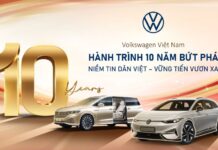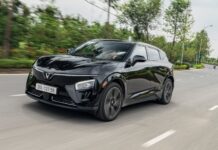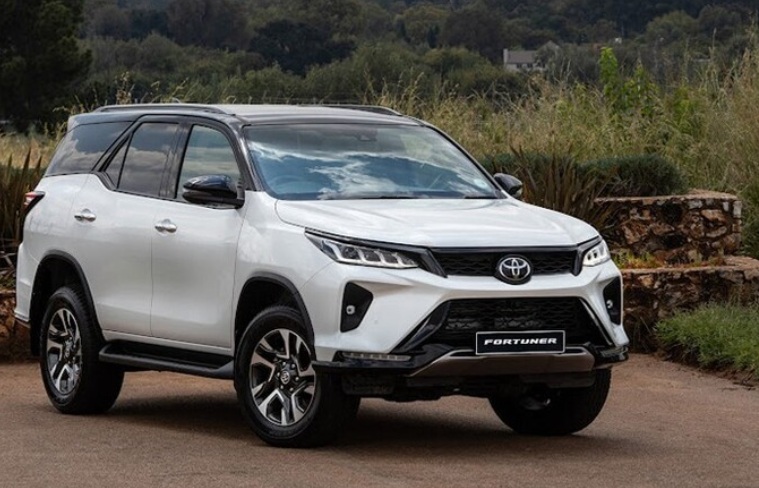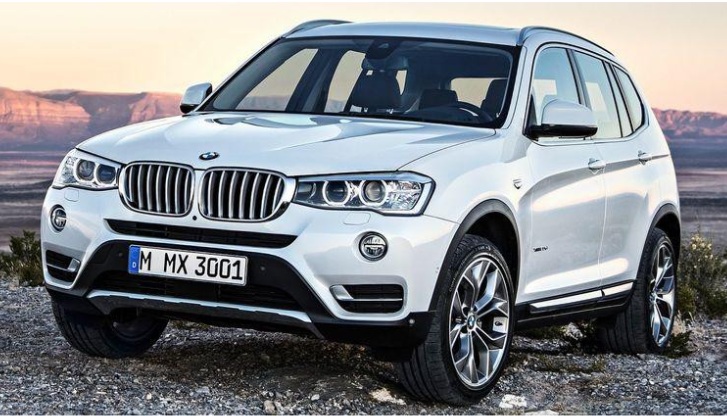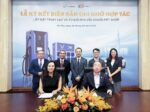Air pollution caused by vehicles, particularly diesel engines, has become a pressing issue in Vietnam’s major cities.
Instead of phasing out millions of old vehicles in a short period, experts suggest that upgrading emission control technology is a more feasible solution to quickly and cost-effectively reduce emissions.
Significant Emissions from Diesel Vehicles
According to the Vietnam Petroleum Institute, transportation is one of the most significant sources of pollution in major cities like Hanoi and Ho Chi Minh City. It is estimated that vehicle emissions account for approximately 15% of total emissions, while fine particulate matter (PM2.5) constitutes up to 23% of urban air pollution. Among these, diesel vehicles are identified as the primary culprits, producing large amounts of NOx gases and fine particles.
Real-world data from various countries highlights the significant environmental impact of diesel vehicles. In China, these vehicles contribute to about 70% of NOx emissions and 90% of PM emissions from all vehicles on the road. Vietnam currently has hundreds of thousands of old diesel trucks, buses, and containers with low emission standards, posing a significant challenge to urban pollution reduction goals.
Challenges in Phasing Out Old Vehicles
Given the rapid increase in personal and commercial vehicles, completely replacing old vehicles with new ones is nearly impossible in the short term. Environmental experts argue that mass vehicle replacement is not only costly but also socially disruptive, especially for small businesses and individuals relying on commercial vehicles.
Upgrading emission control technology for existing vehicles is considered a more reasonable intermediate solution. Many countries have successfully implemented technical solutions that significantly reduce harmful emissions without requiring vehicle replacement.
SCR Technology and DEF Solution: Feasible and Effective
To promote green transformation in the transportation sector, Phu My Xanh has developed the Diesel Exhaust Fluid (DEF) emission control solution. This product acts as a catalyst for the Selective Catalytic Reduction (SCR) system in diesel engines. When installed, this system can reduce NOx emissions by 70-90% and fine particulate matter by 30-50%, helping old diesel vehicles meet Euro IV–V emission standards.
In Vietnam, several transportation companies and factories have piloted this technology with promising initial results. However, significant barriers remain, including high initial investment costs, lack of standardized technical specifications, and unstable fuel supply. Notably, many vehicles manufactured before 2015 were not designed to accommodate DEF storage and injection systems, requiring customized technical solutions.
Policy Needs to Balance Incentives and Mandates
Experts recommend that the government establish a clear emission reduction roadmap, combining incentives with mandatory measures. Specifically:
Incentives such as tax breaks or financial support for businesses and individuals installing emission reduction equipment.
Mandates requiring commercial vehicles, public utility vehicles, or vehicles operating in urban areas to meet minimum emission standards to remain operational.
Regular and transparent emission inspections, coupled with an online monitoring system. Additionally, policies should phase out low-quality fuels, replace them with Euro 5 standard fuels, and enforce strict post-inspection checks.
Long-Term Approach: Combining Retrofitting and Energy Transition
In the long term, Vietnam aims to achieve net-zero emissions by 2050, with transportation playing a significant role. However, policymakers note that transitioning to electric and hybrid vehicles will require substantial time and resources. Therefore, upgrading emission control technology for existing diesel vehicles is a crucial interim step.
Major automotive companies like Toyota, Hyundai, and VinFast are accelerating localization and production of electric and hybrid vehicles in Vietnam. Simultaneously, reducing emissions from the current fleet of old vehicles will immediately improve air quality, paving the way for a smoother green transition in the future.
TH (Tuoitrethudo)

